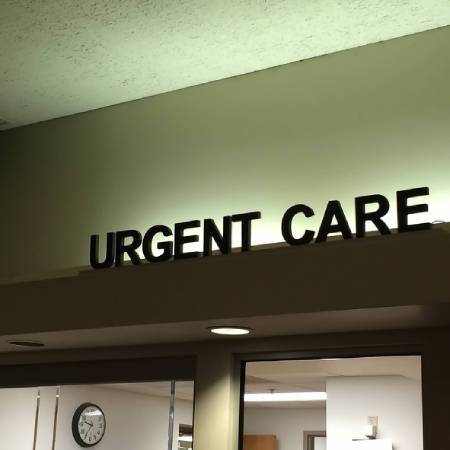Featured
- Get link
- X
- Other Apps
urgent care nursing what does it take

Urgent care nursing is a specialized field within the broader nursing profession that requires unique skills, knowledge, and qualities. Acute care nurses are critical in providing immediate medical care to patients requiring close attention but not life-threatening conditions. In this fast-paced and dynamic healthcare setting, urgent care nurses must possess a diverse skill set and be prepared to handle various medical situations. This article will explore the essential components of urgent care nursing, including the required education and training, the necessary skills and qualities, and the challenges and rewards of working in this demanding field.
Education and Training:
Becoming an urgent care nurse requires a solid educational
foundation. Most urgent care nurses start their journey by obtaining a Bachelor
of Science popular Nursing (BSN) degree. This four-year program provides a
comprehensive understanding of nursing principles, patient care, and medical
sciences. After completing their BSN, aspiring urgent care nurses must authorize
the National Council Licensure Scrutiny for Registered Nurses (NCLEX-RN) to
become licensed registered nurses.
While a BSN is typically the minimum requirement, some
urgent care facilities may prefer or require additional certifications or
advanced degrees. For instance, obtaining a Master of Science in Nursing (MSN)
degree or a Nurse Practitioner (NP) certification can enhance an urgent care
nurse's knowledge and scope of practice. These advanced credentials allow
nurses to provide a broader range of healthcare services, including diagnosing
illnesses, prescribing medications, and ordering diagnostic tests.
Skills and Qualities:
Urgent care nursing demands a unique combination of clinicalskills, critical thinking abilities, and personal qualities. First and
foremost, urgent care nurses must possess excellent clinical assessment skills.
They need to quickly and accurately evaluate patients, identify potential
emergencies, and make timely decisions regarding appropriate care.
Furthermore, urgent care nurses must be proficient in
various nursing procedures such as wound care, IV therapy, and medication
administration. They should also be knowledgeable about common urgent care
conditions such as fractures, sprains, minor trauma, infections, and
respiratory illnesses. Finally, strong communication skills are essential as
urgent care nurses must effectively communicate with patients, their families,
and other healthcare professionals to ensure proper treatment and follow-up
care.
In addition to technical skills, urgent care nurses must
exhibit adaptability, resilience, and the ability to work well under pressure.
Urgent care settings are often fast-paced, with high patient volumes and unpredictable
situations. As a result, nurses must be able to prioritize tasks, handle
multiple patients simultaneously, and remain calm in high-stress cases.
Challenges and Rewards:
Working as an urgent care nurse can be both challenging and
rewarding. One of the significant challenges is the unpredictable nature of the
job. Urgent care nurses must be prepared to handle various conditions and
emergencies, often without the extensive resources available in a hospital
setting. This requires quick thinking, resourcefulness, and sound clinical
judgment in a fast-paced environment.
Another challenge is the need for continuous learning and
staying up-to-date with the latest medical advancements. Urgent care nurses
must regularly update their knowledge and skills to ensure they provide the
best possible care to their patients.
However, despite the challenges, urgent care nursing offers
many rewards. One of the most fulfilling aspects of this profession is the
opportunity to impact patients' lives significantly. Urgent care nurses have
the privilege of providing immediate relief and comfort to patients who are in
pain or distress. In calculation, they play a crucial role in diagnosing and
treating conditions that, if left untreated, could worsen over time.
Urgent care nursing also provides a unique work-life balance
compared to other nursing specialties. While the hours can be demanding, many
urgent care facilities operate on extended hours or are open 24/7, allowing
nurses to have
- Get link
- X
- Other Apps
Popular Posts
increase your money while obtaining a life insurance policy
- Get link
- X
- Other Apps

